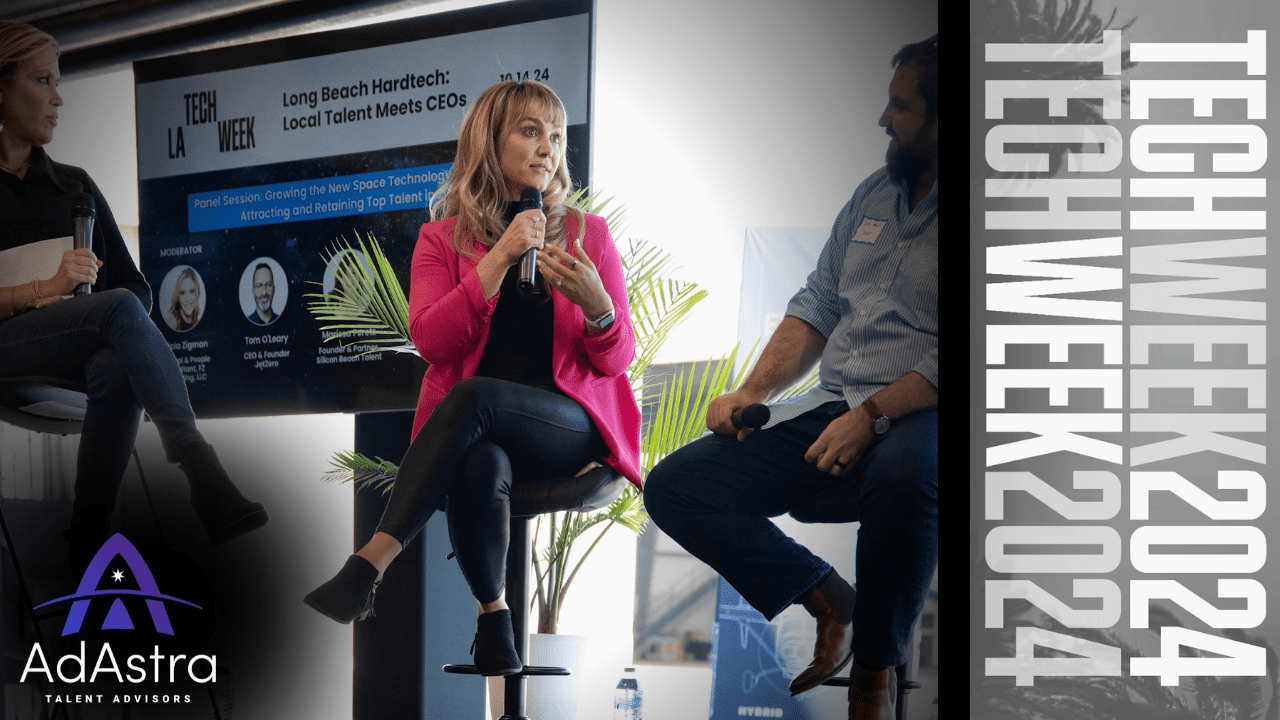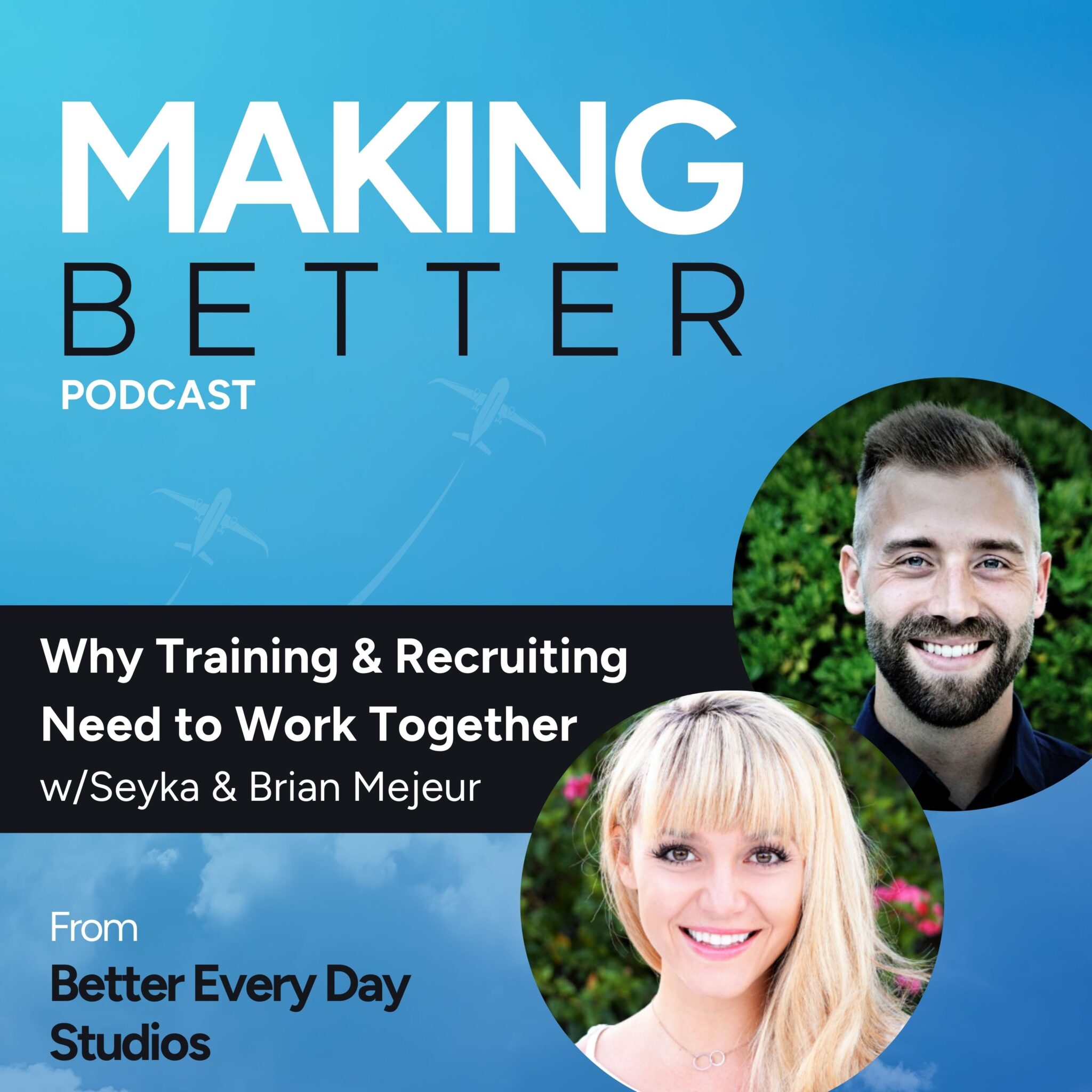Starting a business is a thrilling experience with many different elements to keep track of. While different businesses require diverse strategies and startup methods, there are some elements that are true for every founder at the beginning.
Do’s
- Do Make a Plan
Outline your timeline and strategic success markers for the first one, three, six and 12 months, and 5 years. Yes, by the time you’re at one year there is a good chance that your 5 year goals will have shifted, but starting with the long term view will enhance your startup experience.
This will include a business checklist of items like:
- Picking a name for your organization strategically. It should be memorable and the domain name you want should be available.
- Filling out necessary forms to register your business
- Setting up business accounts to support the work you’re doing
- Determining your approach to funding
- Planning cash flow and revenue needs on a timeline that ensures the viability of your business
- Strategizing about the team you’ll need to grow and develop and the measurable results required on your growth timeline
2. Do Get Started
I hear regularly about people who wanted to start a business but just never made it happen. Having someone at the helm of your organization who has the stamina and take-action mindset to continuously monitor operations, and start and complete projects and tasks is vital.
Refer to your plan on a regular basis. Continue to verify that it is working, and then make agile adjustments as needed to respond to the data that is coming in. If you have great ideas but you know that you aren’t a “get stuff done fast” sort of person, or can be slowed by procrastination, get yourself a co-founder that who has those strengths that you don’t. There’s no time for procrastination in startups.
3. Do Plan for Endurance
Getting started is only the beginning. Creating something of great value takes endurance, tenacity, and agility to stick with the work when the going gets tough. It means pushing yourself past the point of comfort, and figuring out how to get creative time and time again.
Taking care of your health, personal development, professional development, and thoughtful self reflection will help you build the resources you need to bring your vision to successful completion.
Don’ts
1. Don’t Expect to Sit Back
The Boss Babes and motivational social media accounts are full of messages telling you to quit your job and live a luxurious life owning your business. In the real world, that’s not how things work. The founders of successful startups that I’ve met and studied are power houses of work who sacrifice many other elements of their lives in order to create a massive success out of their business. If you want to start your own business so you can relax while workers under you produce revenue, I recommend reexamining your plan to reach your goals.
This work isn’t easy, but it is so worth it!
I recently watched an interview with Blake Scholl, founder of Boom Supersonic, with YC Startup School, who said “Founders run at their personal redline” which is absolutely true. Great founders are reinventing themselves and finding new ways to lead – by pushing themselves constantly to higher levels. Sometimes that means finding a work life balance that affords the endurance needed for long term operation at your personal redline, but founding a business is not for people who want to sit back.
2. Don’t Let a Fear of Failure Hold you Back
Don’t let a fear of failure stop you from getting started. You might fail. Figure out how to get comfortable enough with that possibility that you’re willing to get started. Bravery isn’t an absence of fear, it is feeling the fear and doing it anyway. So you might fail at your next venture, though we try with all of our might not to. And if you fail, but you gave it your all, and learned from the failure, then the failure is a stepping stone on your way to success!
3. Don’t Forget about Culture and Values
Things move fast when you are starting and running a business. Not only do you need to make business decisions, you need to make them fast, with other humans, which requires high attention to the details of emotions and the human experience. One email that takes a moment to send can have lasting negative or positive impacts for years to come.
It can be mentally and emotionally tough to think through all of the decisions you need to make. But it becomes a whole lot easier when you have a consciously designed culture and a clearly, well-thought-through set of values to run your difficult decisions through. Instead of taking the complexity of each issue and weighing each piece against your gut reaction, try running the issue through your prescribed values.
For example, Company A has a culture that declares “we are inclusive and make adjustments so that everyone feels like part of the team” and Company B has a culture summarized as “we are a team of high performers and people who meet and exceed expectations”. When both companies are faced with an employee who isn’t meeting deadlines, Company A may spend significant resources figuring out ways to help the employee reach goals and feel comfortable, while Company B may kindly exit the person so they don’t lower the bar for the rest of the team, making space for the person to go find an organization like Company A where they will be more comfortable. Having a pre-designed culture will help companies attract employees who fit their culture from the start, as employees with work styles that match Company B would not be satisfied at Company A and vice versa. The culture roadmap also takes the difficulty out of making the case by case decision as the person in the example above may be really wonderful and it may be a hard decision to exit them from Company B, but if it is already decided by the culture, it makes it much easier to make the tougher calls.
Your culture will set the stage for the talent you attract to your team, and how you build your organization. It can feel a bit abstract in the beginning when you are just starting out, or newly considering what your culture should be. But it is vital, as it will provide your company with a roadmap that is well worth the conversation!
Check out my other articles and share your opinions and experiences with me.














